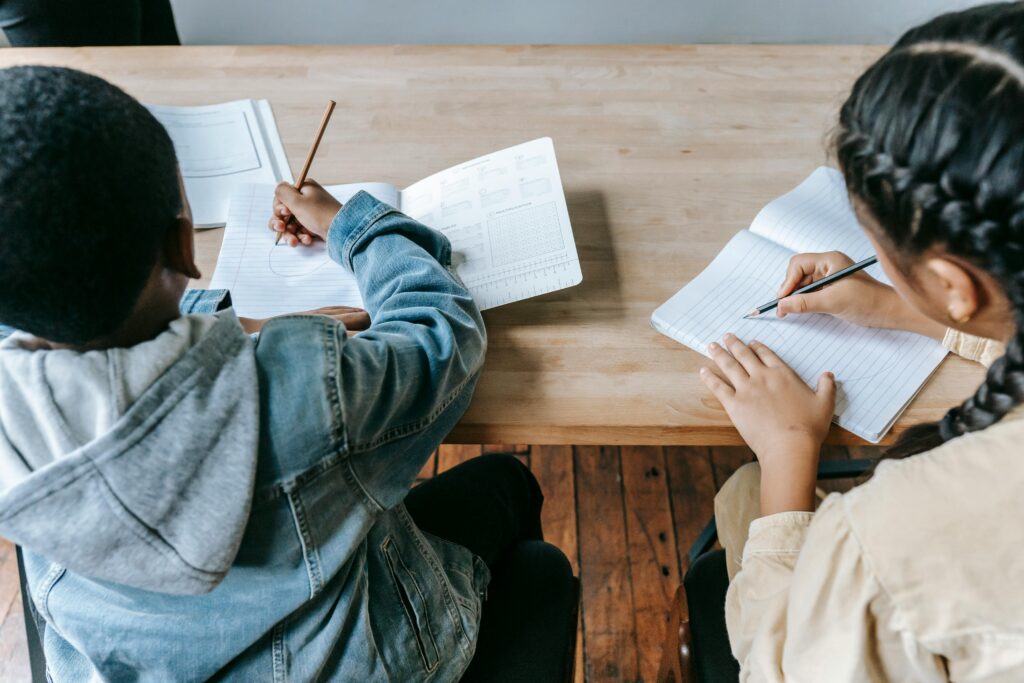Why are personal learning goals crucial for your success? Whether you’re in high school, college, or engaged in online learning, setting clear objectives is essential for maximising your educational journey. This article explores the importance of personal learning goals, offers examples, and provides insights into crafting effective objectives to enhance your learning experience.
Understanding Personal Learning Goals
Personal learning goals for students are self-set benchmarks aimed at improving one’s educational journey. Unlike standard academic goals imposed by educational institutions, personal learning goals are tailored to an individual’s aspirations, interests, and areas for improvement. They can range from mastering a new language, excelling in a particular subject, to developing soft skills such as time management and critical thinking.
What is Your Personal Goal as a Student?
Your personal goal as a student could vary widely depending on your academic level, field of study, and personal interests. It might involve improving your grades, mastering a challenging subject, enhancing critical thinking skills, or even developing soft skills like time management and communication.
Example of a Student Learning Goal
An exemplary student learning goal is specific, measurable, achievable, relevant, and time-bound (SMART). For instance, a student aiming to enhance their writing skills might set a goal like this: “To improve my essay writing proficiency, I will practice writing one essay per week, utilising feedback from my teacher and peers, to achieve a grade of B+ or higher by the end of the semester.”
Five Essential Learning Goals for Students
Let’s explore five essential learning goals in your learning journey:
- Academic Excellence 📖
Strive for consistent grade improvement by setting specific grade targets for each subject or course.
- Skill Development 📈
Focus on developing essential academic skills such as critical thinking, problem-solving, and effective communication.
- Time Management ⏰
Learn to allocate time efficiently for studying, assignments, extracurricular activities, and personal pursuits.
- Subject Mastery ⭐
Aim to gain a deep understanding of key subjects by engaging actively in class, seeking clarification when needed, and reviewing material regularly.
- Personal Growth 🌱
Embrace challenges, step out of your comfort zone, and cultivate a growth mindset to expand your knowledge and abilities continually.
How to Write a Personal Learning Objective
Writing a personal learning objective involves several key steps:
- Self-Assessment 📝
Begin by evaluating your strengths, weaknesses, and areas of interest. Understanding where you stand and what you wish to achieve is the first step in setting realistic and meaningful goals.
- S.M.A.R.T Goals ✅
Ensure your goals are Specific, Measurable, Achievable, Relevant, and Time-bound. This framework helps in creating clear, attainable objectives within a specific timeframe.
- Prioritise Your Goals 🚀
Focus on what’s most important. Prioritising helps allocate your time and resources efficiently, ensuring you work on goals that impact your learning most.
- Develop a Plan of Action 🗒️
Break down your goals into smaller, manageable tasks. A detailed action plan outlining each step required to achieve your goals can significantly enhance your focus and efficiency.
- Seek Support and Resources 🏫
Identify resources and support systems that can aid in achieving your goals. This could include mentors, online courses, study groups, or educational apps.
- Monitor and Adjust ✍️
Regularly review your progress and be open to adjusting your goals and strategies as needed. Flexibility is key to overcoming obstacles and staying on track.
By following these steps and incorporating insights from educational experts and practitioners, you can craft personal learning goals that propel you towards academic excellence and personal growth.
Achieving Your Personal Learning Goals
- Consistency and Persistence
Success is a product of consistent effort and persistence. It is crucial to establish a routine and stick to it, even when faced with challenges.
- Celebrate Milestones
Recognising and celebrating each achievement, no matter how small, can boost your morale and motivation.
- Stay Flexible
Be prepared to modify your goals and strategies in response to new information, challenges, or changes in your interests.
- Reflect on the Learning Process
Regular reflection on what you’ve learned and how you’ve grown can provide valuable insights into your learning process and help you set future goals more effectively.
Conclusion
Setting personal learning goals empowers students to take ownership of their education, fostering a sense of accountability and motivation. Whether embarking on a new semester or navigating the challenges of online learning, having clear objectives paves the way for success. Remember, the learning journey is as important as the destination, and setting personal learning goals is the first step towards a rewarding educational experience. So, embrace the journey, define your aspirations, and let your personal learning goals be the guiding light towards realising your full potential.
